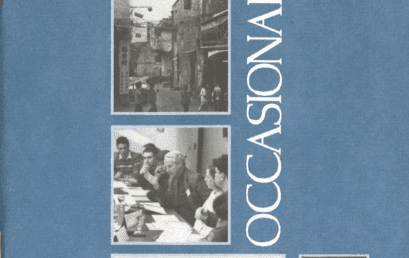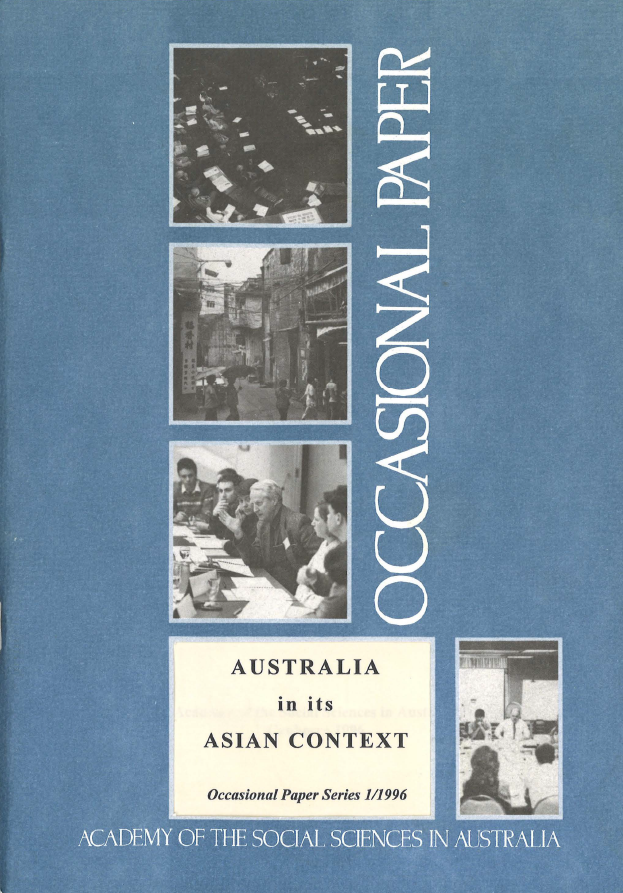One use of a lecture in such intelligent company would be to sketch a social democratic future in which Australians become even richer, freer, more equal, more cooperative, fonder of one another and happier than most of us already are.
I could do that, but I know what the realists among you, like our present political leaders, would think of such an elderly, ignorant, impractical, nostalgic waste of time. So this lecture is not about what we should do. It’s about ways of arguing about what to do. Some big questions will be decided – by choice or default – as we respond to our changing global situation. How can we debate them honestly, cooperatively, usefully, whatever our disagreements?
My three themes are best introduced ‘on the hoof’, in the lives and work of four friends.
First, we here are the chattering classes. We can publish idyllic visions without any danger of influence or practical test. Why bother with our fantasies?
That was famously untrue of the academic who suggested, back in 1936, that practical men ‘are usually the slaves of some defunct economist’ or ‘distilling their frenzy from some academic scribbler of a few years back’. For a change from Keynes, consider a shorter publication, two years later, from a young unknown. In 1938 the British Prime Minister was busy appeasing Hitler and celebrating the achievement as ‘Peace in Our Time’. Michael Young, son of an Australian soldier and an Irish mother, was 23. He was a law student, an economics graduate of the London School of Economics, and (until 1941) a member of the Communist Party. A London magazine asked him for a contribution. It took him 20 hours to specify in 2000 words the manpower regulations which Britain would need in order to win the forthcoming war with Germany. During that war he served on the manpower control board. As the war ended the British Labour Party hired him as head of research. He was secretary of its policy committee through the six years of the Attlee government, which did more than any other to develop the institutional forms and practicalities of a fully employed social democracy.

